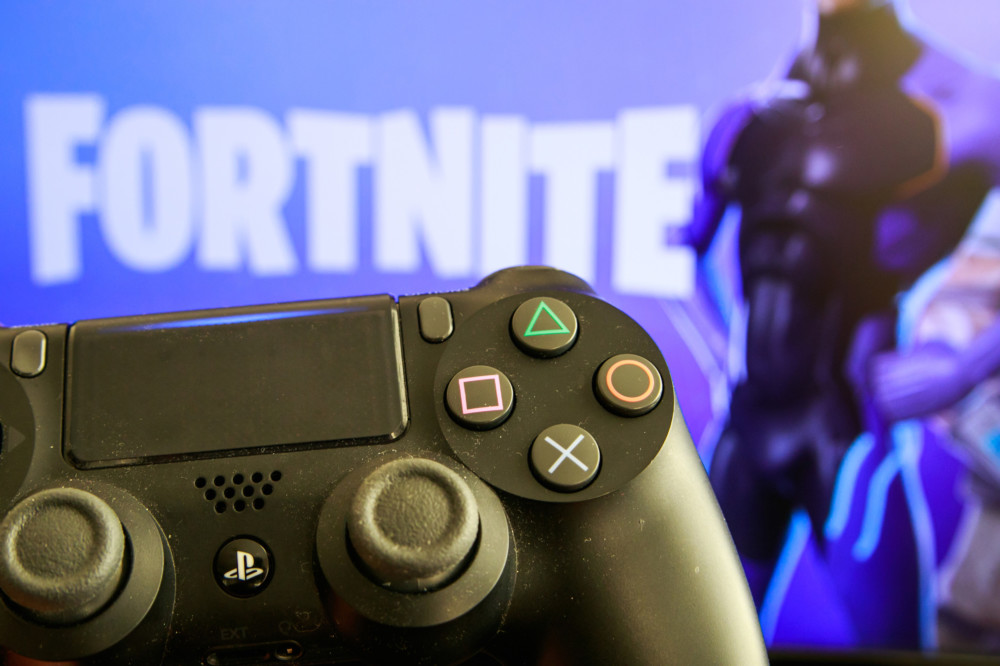By Gina Barreca
The Hartford Courant.
Snapshots of people at their most miserable: That’s what you don’t see on Facebook.
But wouldn’t it be fascinating? After all, real life is like seeing the reverse side of a perfectly executed needlepoint: it’s messy, chaotic and it’s often hard to see the big picture.
A friend introduced me to what he calls the Miserable Snapshot Theory of Life.
As people upload daily, sometimes hourly, photographs of fabulous meals, beautiful children and astonishing vacations as evidence of our unimpeachably happy existences, his theory has increased in appeal.
What if, when we were much younger, we could have looked into our future and seen only the most pitiful moments? What would we have done then?
Here’s my pitiful moment:
My husband and I drove across the country. We had a safe car, audiobooks and enough cash to stay indoors. We were ready for adventure. Yes, parts of the trip were Facebook-gleeful: diners with perfectly crisp hash; a local rodeo in Montana; landscapes so stark we wouldn’t have been surprised to see a triceratops walk across the road.
But then there was the night in northern California.
It rained hard all day and driving had been tough. We were going to try to make it further north, but decided around 7 to call it quits. We pulled into a small city and chose a small local motel since the plan was to get some serious sleep and leave early the next day.
Fair enough, right?
OK, so the room was a little worse than usual. For starters, it had a neon orange shag rug that had seen better days as far back as, say, 1972.
The room’s only attempt at decoration consisted of faded clown prints, six of them, fully bolted to the walls, implying that other guests had attempted to steal them.
There were twin beds covered by nylon paisley bedspreads so slippery that it was nearly impossible not to slide off directly onto the shag rug, thereby becoming consumed by whatever ecosystem lived within its layers.
Seeing the expression on my face, Michael said, “I’ll go get us some food.”
The understanding was that I would unpack whatever we needed, open the wine and get our evening started. I looked around for those little plastic glasses usually on shelves in the bathroom. Not only were there no cups in the bathroom, there were no shelves.
There was, however, another clown print.
I decided to drink the wine regardless of beverage holders.
My husband returned to find his wife sitting on a nylon paisley bed drinking cheap wine directly out of the bottle while gazing stupefied at Bozo.
In a falsely cheerful voice, he announced, “The only thing I could find to eat was potato salad.”
“Where did you get potato salad where there was no other food?” I asked.
“There was a deli, it was closing, and I didn’t like the look of the cold cuts.”
I started rifling through the paper bag for napkins and cutlery. There were napkins, but no spoons, knives or forks.
“Michael,” I asked, “how are we supposed to eat this?”
“What do you mean?” he said.
“There are no implements,” I pointed out.
In a phrase I at first didn’t understand, Michael said, “I have a shoe horn.” He looked enormously pleased with himself.
Then I got it. So we sat at the end of our respective beds, passing the bottle back and forth along with the plastic container of potato salad as we shoveled food into our mouths with a shoehorn.
If you had told me when I was a kid, “Honey, you’re gonna spend an evening sitting in a cheap motel eating potato salad with a shoe horn and staring at a clown print in silence,” would I have really worked so hard in college?
I used to think I’d like to see my future: “Oh, if only I could fast-forward a little bit and see where I end up. That will give me motivation to do well and be all that I can be!”
Right.
We have to choose those snapshots carefully. None of them are representative: it’s all about context.
When we left the next morning, our drive took us though fields of orchids. Had we not stopped the night before, we would have driven past them in the dark.
A picture might be worth a thousand words, but you choose your words and your pictures carefully. And always pack a shoehorn.
___
ABOUT THE WRITER
Gina Barreca is an English professor at the University of Connecticut, a feminist scholar who has written eight books, and a columnist for the Hartford Courant.















































































































































































































































































































































































